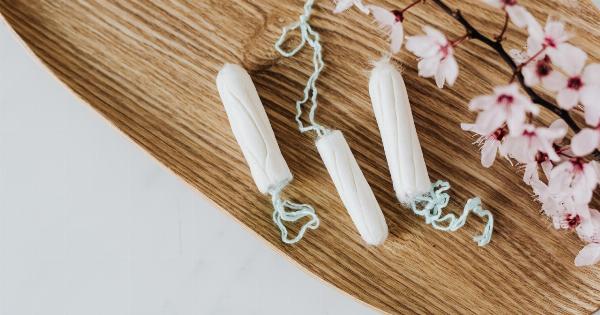Uterine fibroids are noncancerous growths that develop in the uterus. They are quite common and can affect women of all ages from their teenage years up to menopause.
According to research, about 80% of women will develop fibroids at some point in their lives.
Causes of Uterine Fibroids
The exact cause of uterine fibroids is unknown, but several factors increase a woman’s likelihood of developing the condition. Some of these include:.
- Age
- Family history of uterine fibroids
- High levels of estrogen and progesterone
- Obesity
- Early onset of menstruation, before the age of 10
- Use of birth control pills
Symptoms of Uterine Fibroids
Most women with uterine fibroids do not experience any symptoms. However, for those who do, the symptoms can be quite uncomfortable. Some of the most common symptoms of uterine fibroids include:.
- Heavy menstrual bleeding
- Prolonged menstrual periods
- Severe menstrual cramps
- Abdominal pain and discomfort
- Difficulty getting pregnant
- Frequent urination
- Constipation
Diagnosing Uterine Fibroids
If you suspect that you may have uterine fibroids, it’s important to speak with a healthcare provider. Your provider may be able to feel the fibroids during a pelvic exam, but additional tests may be required to confirm the diagnosis.
Some of the most common tests used to diagnose uterine fibroids include:.
- Ultrasound
- MRI
- Hysteroscopy
- Endometrial biopsy
Treating Uterine Fibroids
There is no one-size-fits-all treatment for uterine fibroids. The most appropriate treatment will depend on a number of factors, including the size and location of the fibroids, your symptoms, and whether you plan to have children in the future.
Some of the most common treatments for uterine fibroids include:.
- Watchful waiting
- Pain medication
- Hormone therapy
- Uterine artery embolization
- Myomectomy
- Hysterectomy
Living with Uterine Fibroids
If you’ve been diagnosed with uterine fibroids, it’s important to remember that they are not cancerous and typically do not affect your long-term health. However, they can be uncomfortable. Here are some tips for managing uterine fibroids:.
- Take pain medication as recommended by your healthcare provider
- Use heating pads or take warm baths to relieve cramps
- Practice relaxation techniques to manage stress
- Eat a balanced diet that includes plenty of fruits and vegetables
- Iron-rich foods to help manage heavy menstrual bleeding
- Avoid alcohol and caffeine, which can aggravate symptoms
When to Contact Your Healthcare Provider
If you experience any of the following symptoms, contact your healthcare provider immediately:.
- Heavy vaginal bleeding that lasts for more than a week
- Severe abdominal pain or discomfort
- Difficulty urinating
- Fever or chills
Conclusion
Living with uterine fibroids can be a challenging experience, but it doesn’t have to be. With the proper diagnosis and treatment, you can manage your symptoms and live a healthy, fulfilling life.


























